16 GPTs for Shopping Advice Powered by AI for Free of 2026
AI GPTs for Shopping Advice refer to the use of Generative Pre-trained Transformers specifically designed or adapted to provide guidance and recommendations in shopping-related tasks. These AI tools leverage natural language processing to understand user queries, compare products, analyze reviews, and offer personalized shopping advice. Their relevance in the shopping domain lies in their ability to process vast amounts of data from various sources, enabling them to provide informed and tailored suggestions, thereby enhancing the shopping experience and aiding in decision-making processes.
Top 10 GPTs for Shopping Advice are: Shop Buddy,Amazonian Coach,Smart Shopper Assistant,Smart Shopper,SHOPPER,Personal Shopper,Cart Commander,Sale,おじさん,G-Shock Assistant
Shop Buddy
AI-powered smart shopping companion

Amazonian Coach
Smart Shopping with AI

Smart Shopper Assistant
AI-powered Smart Shopping Companion

Smart Shopper
Empowering your shopping with AI
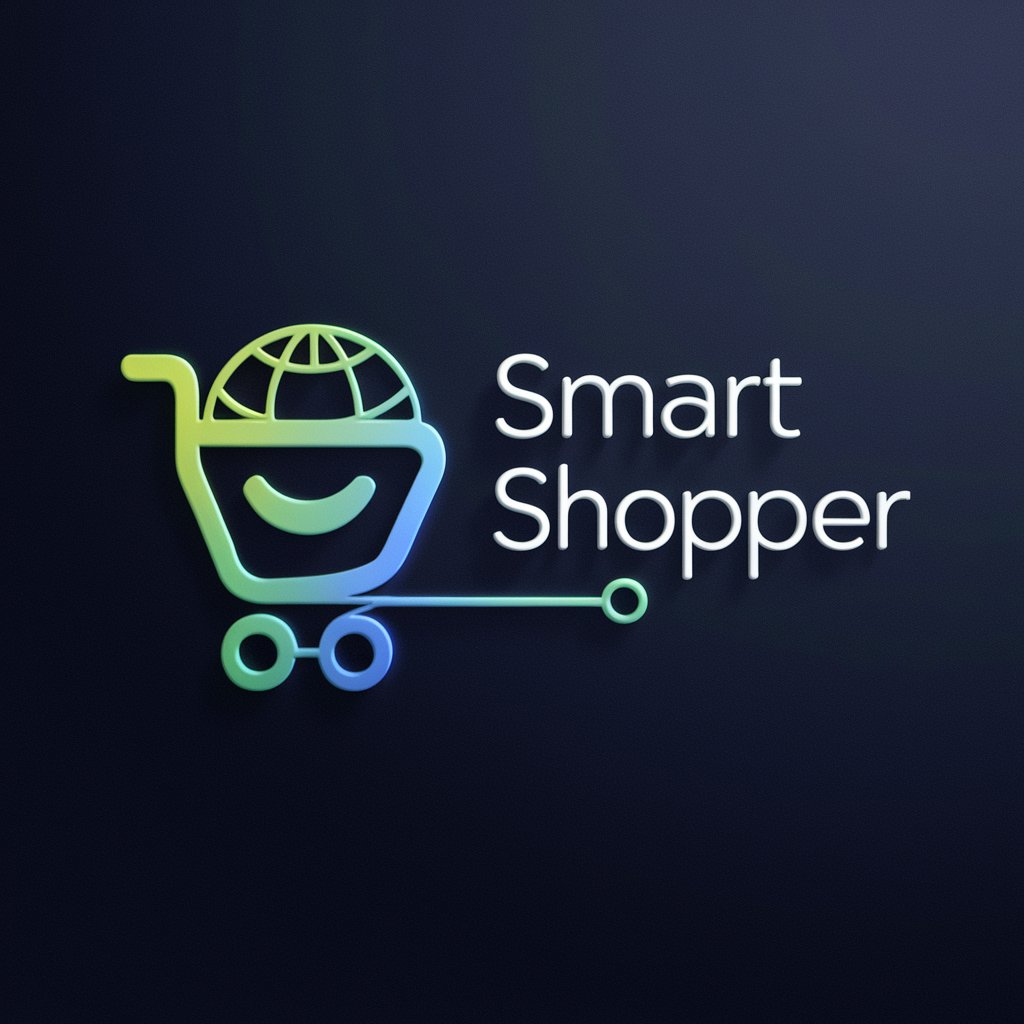
SHOPPER
AI-Powered Shopping Simplified
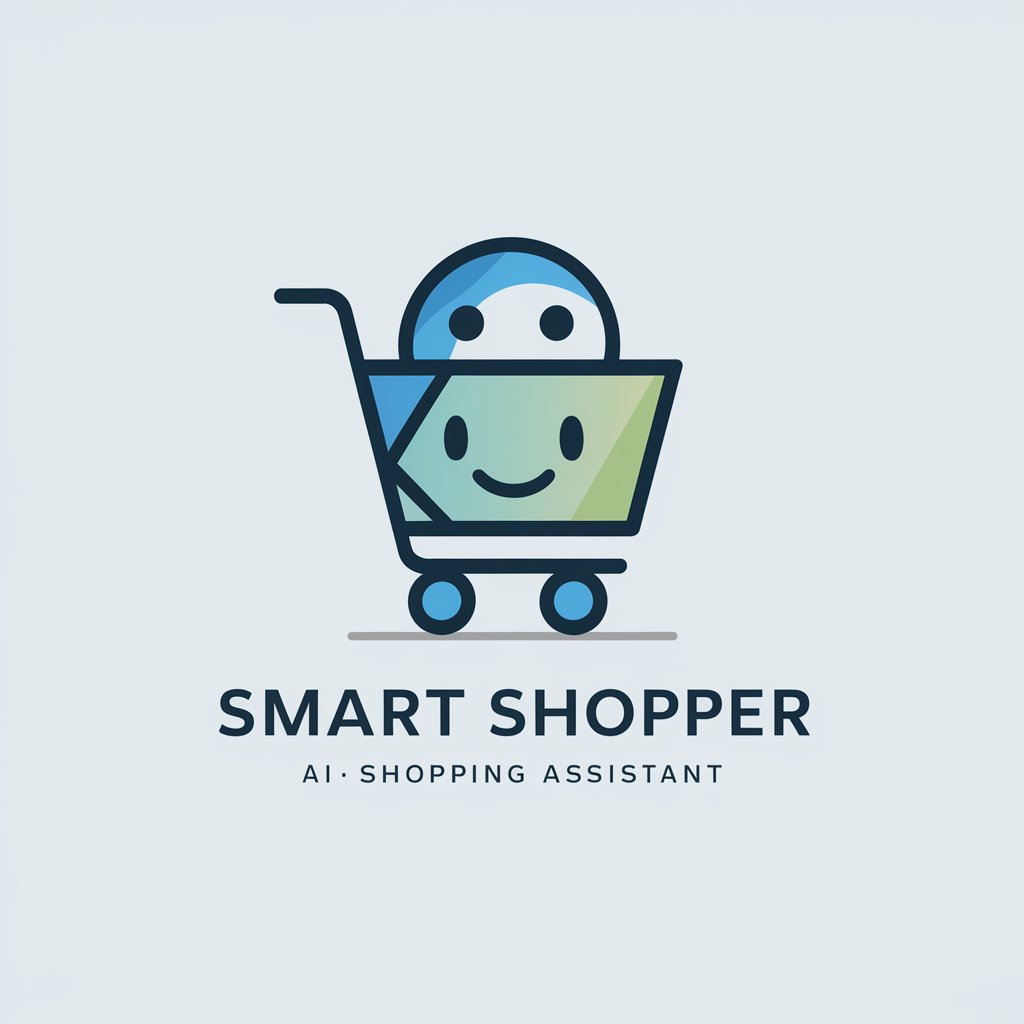
Personal Shopper
AI-Powered Shopping Simplified
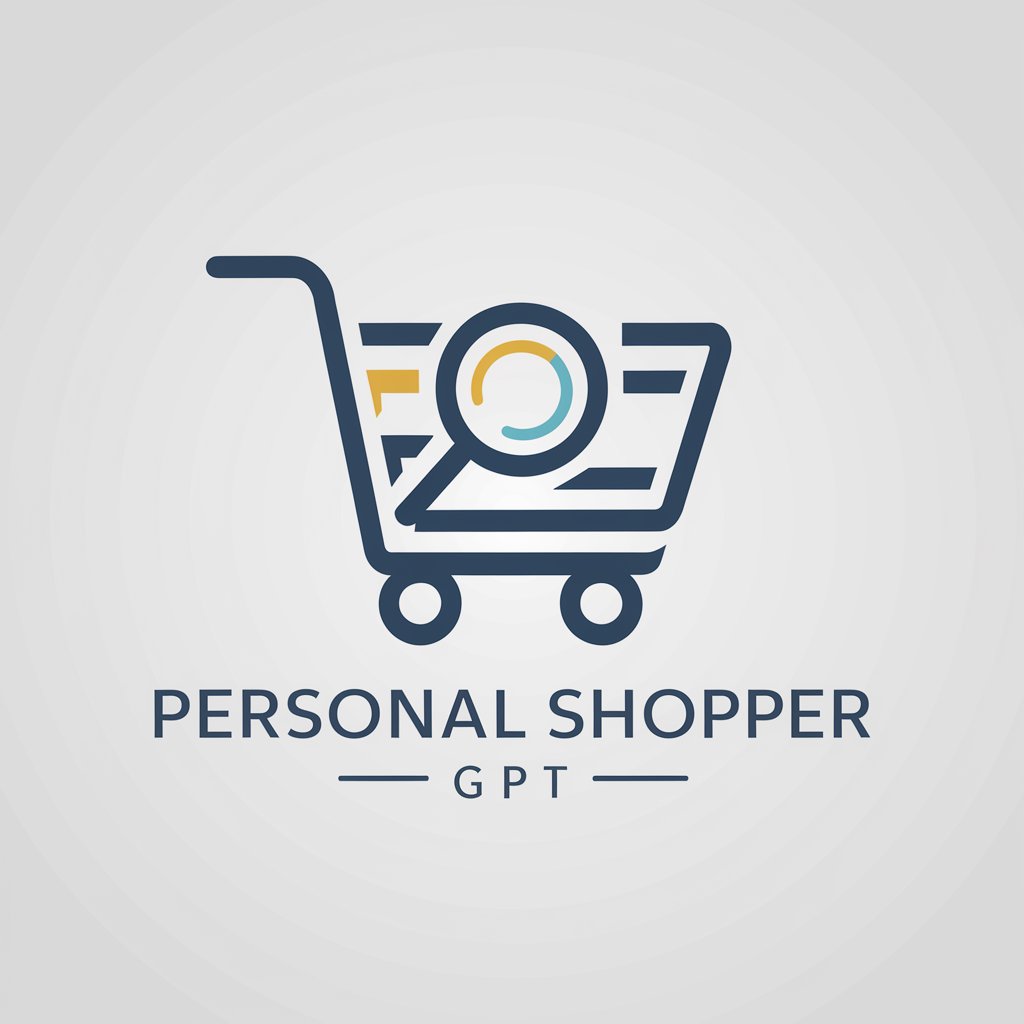
Cart Commander
Empower your shopping with AI-driven insights
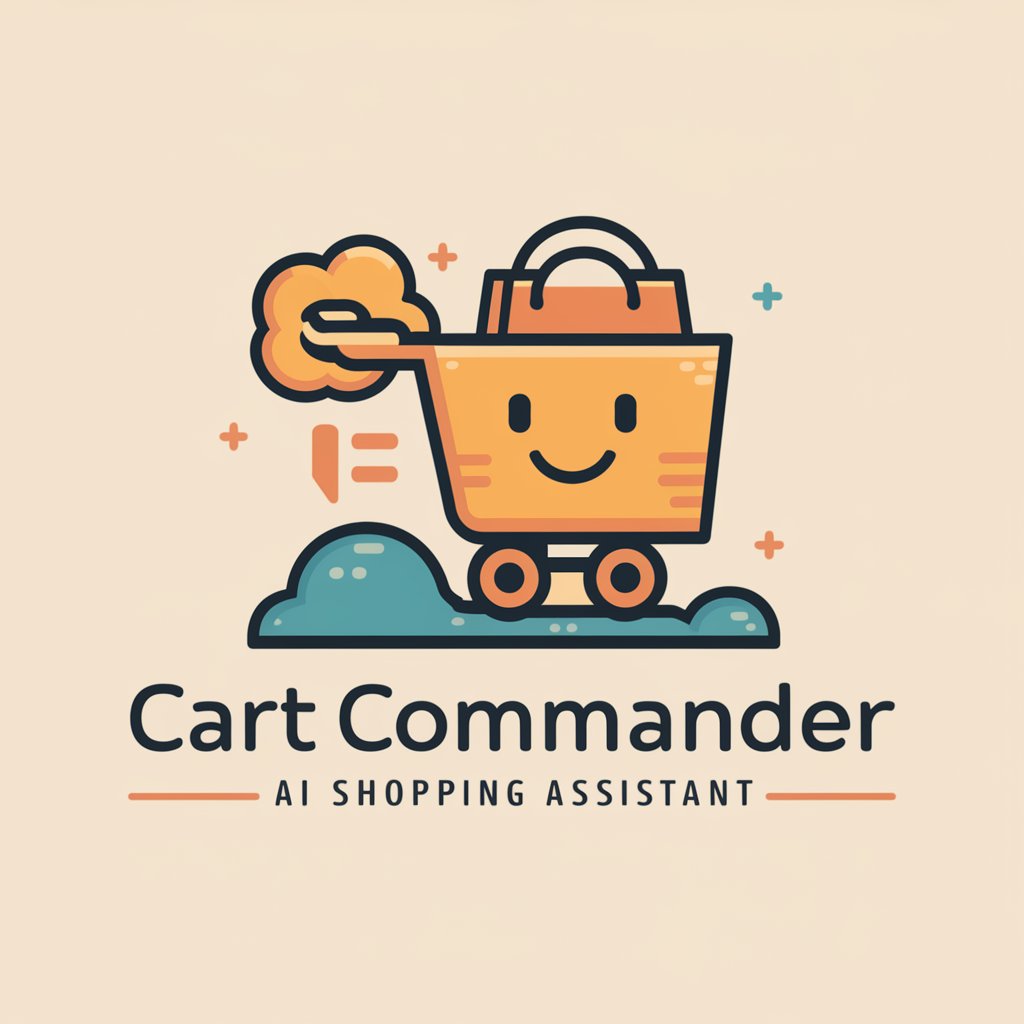
Sale
AI-powered insights into the best deals.
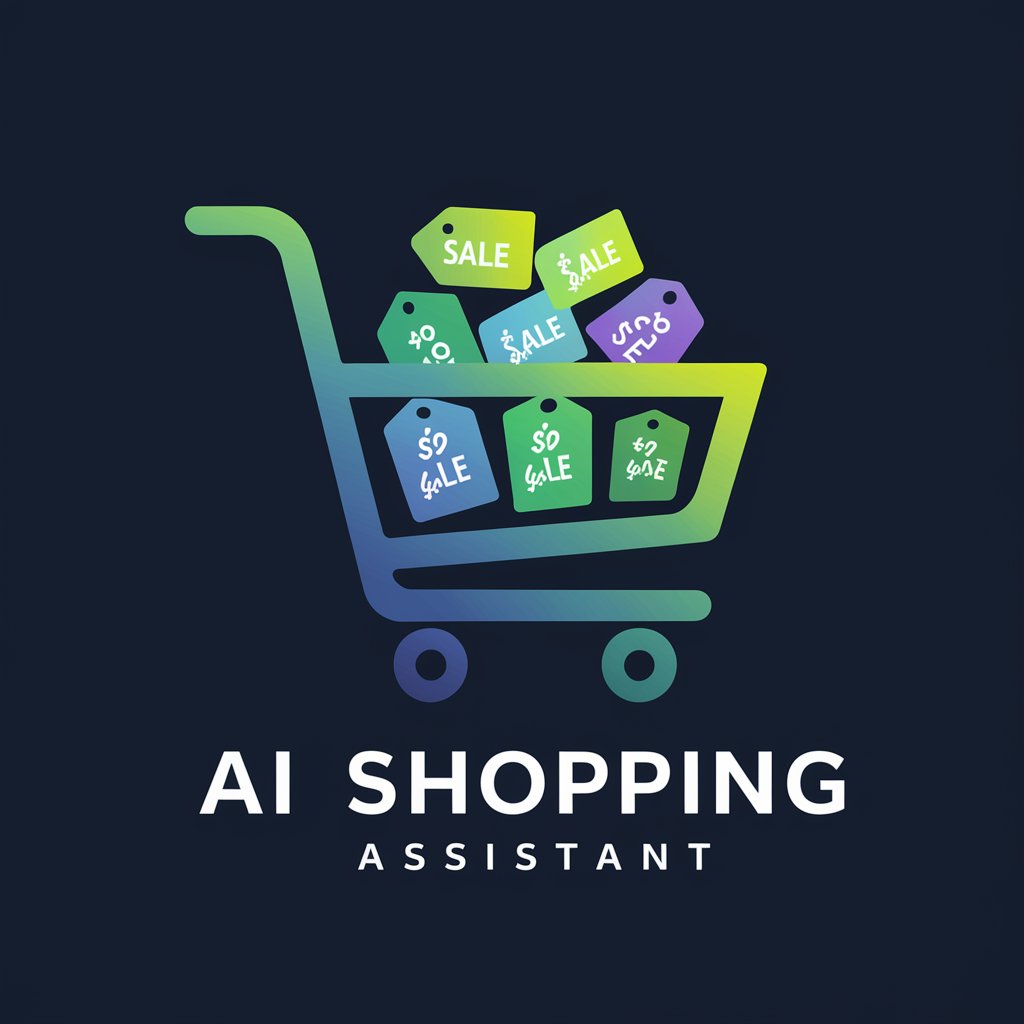
おじさん
AI-Powered Direct Advice

G-Shock Assistant
Master Your G-Shock with AI

SmartCart Guide
Elevating Walmart Shopping with AI
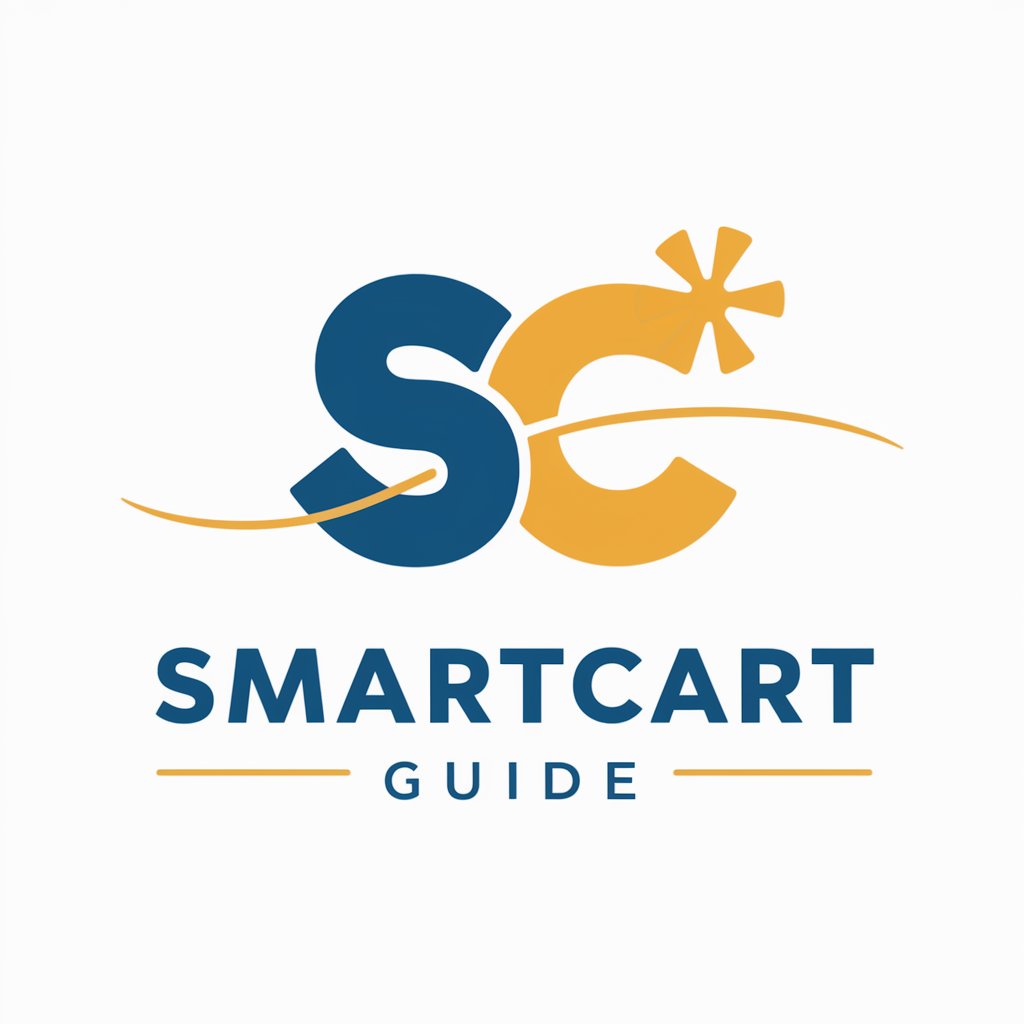
🛍️ Savvy Shopping Sidekick 🤖
Your AI-powered guide to smart shopping.

Black Friday GPT
Your AI-powered Black Friday shopping assistant.

Shop Till We Drop
Smart Shopping with AI Power
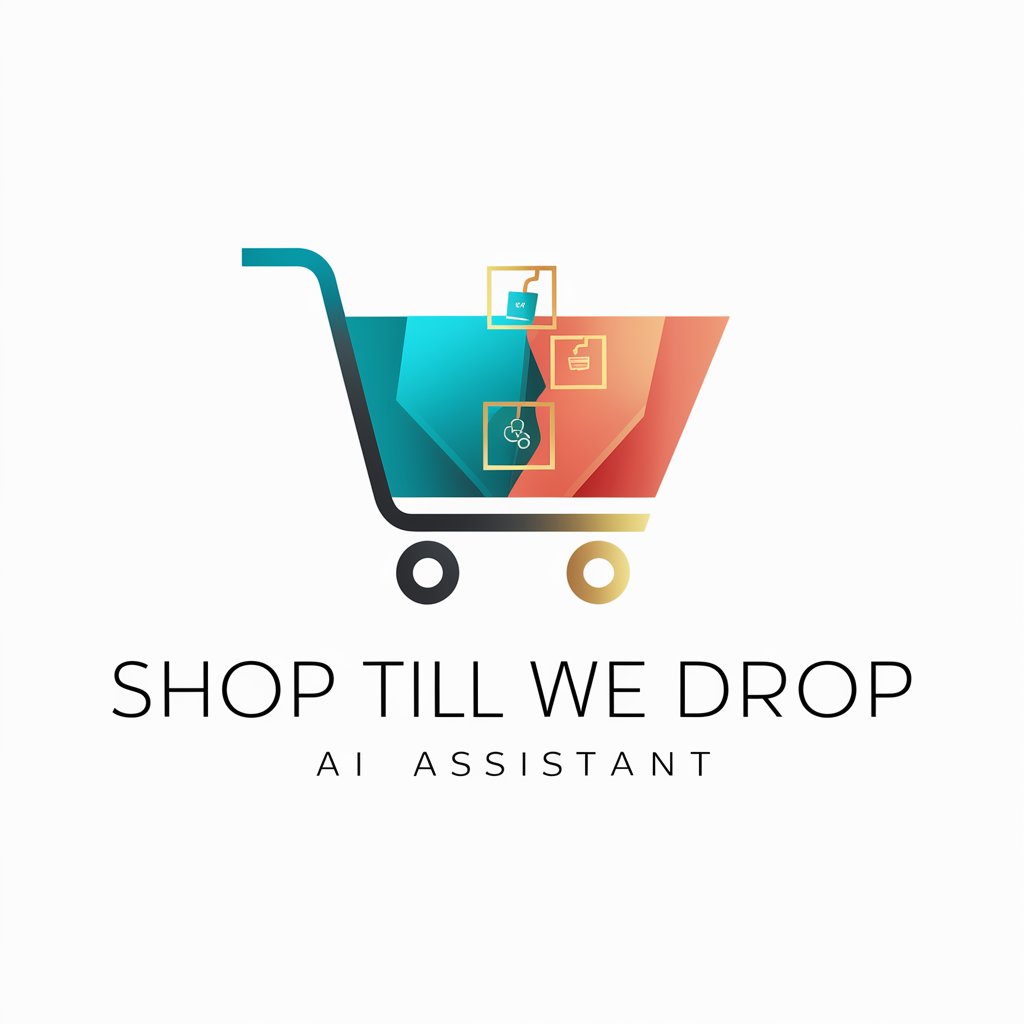
ShopSmart GPT
Smarter Shopping with AI
🤖🛍️ Cyber Monday Deal Explorer 🛒💻
Maximize savings with AI-powered deal discovery.

Key Attributes and Functions of AI Shopping Advisors
AI GPTs for Shopping Advice stand out due to their adaptability across a spectrum of shopping-related queries, from simple product comparisons to complex market trend analyses. Key features include real-time data analysis, personalized shopping recommendations, price tracking, and product review summarization. These tools can also support multiple languages, enabling a global user base to benefit from their capabilities. Additionally, some AI shopping advisors integrate with web search functionalities, allowing them to fetch the latest deals and product information from across the internet.
Who Can Benefit from AI-Driven Shopping Guidance
The primary beneficiaries of AI GPTs for Shopping Advice include consumers looking for personalized shopping recommendations, marketers analyzing consumer trends, and developers seeking to integrate shopping advice functionalities into their applications. These tools are designed to be user-friendly for those without technical backgrounds, while also offering advanced features and customization options for developers and professionals in the e-commerce sector.
Try Our other AI GPTs tools for Free
Secure Checkout
Discover AI-powered solutions for secure checkout, designed to automate fraud detection, protect customer data, and enhance online shopping experiences.
Seasonal Insights
Explore AI GPTs for Seasonal Insights: your AI-powered tool for mastering seasonal trends and optimizing strategies across various sectors.
Financial Calculations
Discover how AI GPTs for Financial Calculations can transform your financial analysis and decision-making with advanced, user-friendly tools tailored for the finance sector.
Conference Updates
Revolutionize your conference experience with AI GPT tools, designed to deliver real-time updates, personalized sessions, and interactive support for an unmatched attendee experience.
Cybersecurity Advice
Discover how AI GPTs for Cybersecurity Advice can transform your security posture with real-time insights, tailored advice, and seamless integration capabilities.
GDPR Compliance
Explore AI GPTs for GDPR Compliance: Tailored solutions to navigate data protection laws, enhance privacy strategies, and simplify regulatory compliance.
Expanding the Capabilities of Shopping Advice with AI
AI GPTs for Shopping Advice not only streamline the shopping experience but also offer potential for integration into existing e-commerce platforms, enhancing user engagement through personalized recommendations. Their capacity to analyze and synthesize vast quantities of data in real-time allows for a more intuitive and responsive shopping advisor system, adaptable to the evolving needs and preferences of consumers across the globe.
Frequently Asked Questions
What exactly are AI GPTs for Shopping Advice?
AI GPTs for Shopping Advice are artificial intelligence tools that use machine learning and natural language processing to provide shopping recommendations, product comparisons, and market analyses.
How do these AI tools personalize shopping advice?
They analyze user queries, preferences, and past shopping behavior, along with reviews and product information, to offer tailored shopping recommendations.
Can AI shopping advisors understand and communicate in multiple languages?
Yes, many of these tools are designed to support multiple languages, making them accessible to a global audience.
Are these AI tools suitable for non-technical users?
Absolutely, they are designed with user-friendly interfaces that require no coding skills, making them accessible to everyone.
How can developers customize these AI GPTs for specific applications?
Developers can access APIs or use programming interfaces provided by these tools to integrate and customize them according to specific application requirements.
Can AI GPTs for Shopping Advice track prices and alert users to deals?
Yes, one of their capabilities includes tracking product prices across different platforms and alerting users to discounts or deals.
Do these AI tools incorporate user reviews into their recommendations?
Yes, they analyze user reviews and ratings as part of their data processing to provide more accurate and reliable shopping advice.
What makes AI GPTs for Shopping Advice different from traditional search engines?
Unlike traditional search engines, these AI tools provide personalized and comprehensive shopping advice by analyzing a wide range of data points, including user preferences, market trends, and product information.